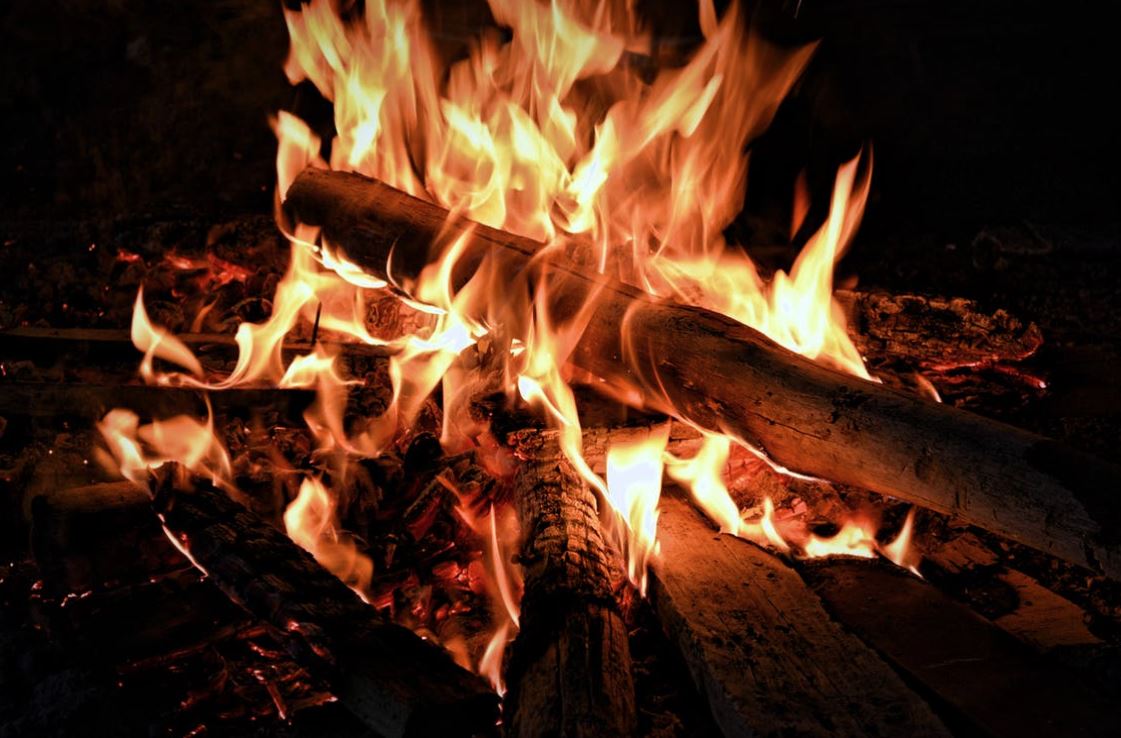
If you’ve suffered a burn injury, it is important to know just how severe it is. This helps both you and your doctor know how to treat the burn. But even a burn that would be mild if it was limited to one area of the body can be dangerous if it is widespread, while a deep burn limited to one area might be easier to treat. Here are the degrees of burns:
First Degree Burn
A first degree burn can be painful, but the injury only affects the top layer of the skin, and there is no destruction of deeper tissues. The signs and symptoms are redness, tenderness, pain and swelling. The pain of these burns can be eased by running cool water over them or through the application of a wet compress made by a solution of two teaspoons of baking soda to a pint of water. Generally, a person with a first degree burn, which can come from touching a hot stove burner or coming into contact with boiling water or oil, doesn’t need a doctor’s care. These burns heal without scarring.
Second Degree Burn
A second degree burn has the same symptoms of a first degree burn, but they are even more painful. This type of burn also raises blisters, and there is some destruction of the underlying skin. Still, even second degree burns can heal without scarring if they are seen to promptly.
Third Degree Burn
The involvement of all the layers of the skin is considered a third degree burn. The skin may be white the way a boiled piece of meat is white or actually charred. If there has been damage to the nerves in the area, this kind of burn can actually be painless despite its severity. The pain comes from the surrounding skin that has only suffered second degree burns. If the third degree burn is extensive, you can go into shock. You’ll have a weak, rapid heart rate and pulse, and you might become unconscious. When the symptoms of shock wear off you may have a fever. It is important that you are not only treated promptly but monitored in the days after you have suffered a third degree burn.
Conclusion
Sometimes the burns you suffered were not your fault. If you inadvertently touched a stove that was left on by another, if faulty wiring caused a house fire or safety precautions at your job weren’t followed, you may have cause to consult a personal injury lawyer from a firm like Ringsmuth Wuori for redress.






